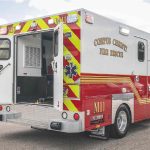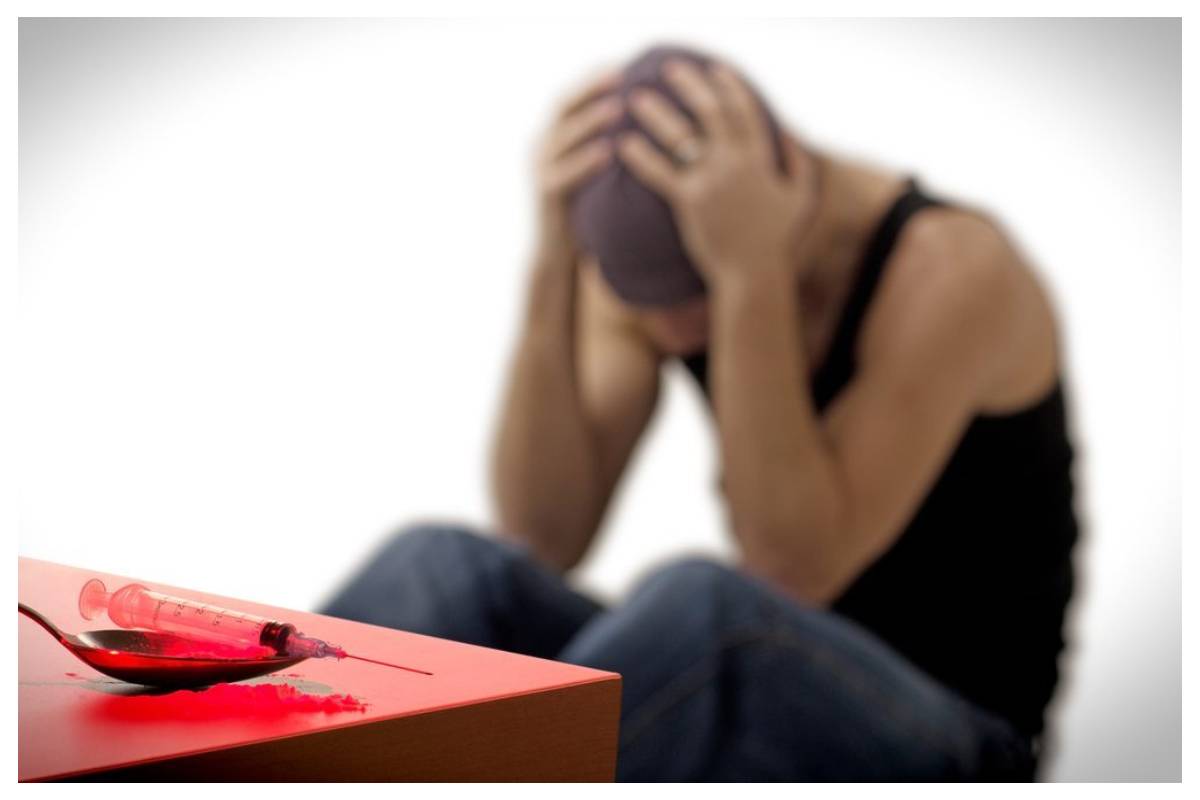Must Do After an Addiction Relapse
An addiction relapse during recovery, as someone begins a new chapter of their lives without using or abusing addictive substances like drugs or alcohol, is a return (only a temporary one, hopefully) to their previous substance use.
it is important to realize that one does not have to suffer alone; Drug addiction is treatable, and the most important first step is finding specialized treatment, therapy, and support for drug users. We are committed to providing comprehensive and personalized drug addiction treatment within our extensive network of specialist drug rehab clinics.
It can be medically defined, according to the American Society of Addiction Medicine (ASAM), as:
- “The recurrence of behavioral or other substantive indicators of active disease after a period of remission.”
So how and why does this “recurrence” – this relapse – happen?
Table of Contents
The 3 Stages of Addiction Relapse
A relapse during recovery happens in 3 distinct phases or stages; these are:
- Emotional Relapse: During this stage, people are not actively thinking of using; however, their current behaviors and emotions are placing them at a higher risk. This can happen during periods of isolation, anxiety, and stress.
- Mental Relapse: People are now actively thinking about using substances to “self-medicate” their issues to feel better.
- Physical Relapse: The actual use of substances once again.
Many substance addiction experts believe that such a relapse during someone’s recovery is a necessary part of the process – a reminder of what’s at stake if you do not remain 100% abstinent from the addictive substances of your previous use and abuse.
Others, however, firmly believe that with the right treatment, the right preparation, and the right prevention mechanisms and coping tools in place, there is no reason why someone’s recovery from addiction cannot be relapse-free.
Let them argue all they want. Let’s face it: Does it really matter?
For the person in recovery who has suffered a relapse, though, it does matter.
It really matters.
In fact, for those truly serious about their recovery and their endeavor to start a new substance-free chapter in their life, it can initially feel like the end of the world, the end of any chance at a normal life.
One word sums it up best… Failure.
For the person in recovery, it feels like failure – that they have failed. However, let me assure you right now, that’s just plain wrong.
Addiction Relapse is a Message; It’s Not Failure
Let’s be honest here. Yes, a relapse during addiction recovery is clearly a setback, and not one to be taken lightly. However, it doesn’t mean the end of anything, and it certainly doesn’t mean the end of your recovery.
If anything, a relapse is an urgent, important message – a clear and easily understood message to you that one or more aspects of your recovery plan need to be changed or tweaked into something more effective, or that specific aspects of your recovery need to be kicked to the curb – straight into your trash.
And that’s all a relapse is – a message, direct to your personal inbox, to “make changes.” And to make these changes quickly.
It’s critical that you do. Having just experienced a relapse, anyone in recovery knows exactly what will happen if you don’t make those changes.
So the big question now is this: What should I change about my recovery from addiction?
In order to get the right answer – to know exactly what aspects you should change and what to leave in place – you need to follow these “4 Critical Things You Must Do After an Addiction Relapse.”
Only then will you have your complete answer… Read on.
4 Critical Things You Must Do After an Addiction Relapse
If you do suffer a relapse during your recovery, you need to make sure that it serves a purpose by showing you what needs to happen for you to be successful.
How do I know? Thanks to the detailed preparation provided to me by the Phoenix rehab where I finally got clean and sober (which included all of the critical things mentioned here), the only relapse I experienced was a mere blip. Nothing more.
#1. Forgive Yourself
Many people feel guilt and shame after a relapse – it’s only human. You don’t want to fail. However, such negative feelings will do nothing for you from now on. The best way forward, from this point on, is to forgive yourself, and use it solely for motivation in the future.
So, instead of regretting, acknowledge what has happened, understand you need to make changes, and then let it go.
#2. Reflect – Analyze – ACT!
If you relapsed, there was a reason why it happened – usually, a “trigger” of some description. Therefore, it’s critical to spend a little time thinking about what led you to the point of relapse in the first place.
Research tells us that common triggers can include financial stress, a negative mood (such as anger, anxiety, depression, and feeling lonely), exposure to drugs and/or alcohol, and poor coping skills.
So you need to reflect on what happened, work out why it happened, and make immediate changes to ensure it does not happen again.
At the same time, get sober again as soon as possible. If you are having difficulty in doing this, and stopping your substance use, go straight to #3. Now.
#3. Reach Out to Your Support Network
One of the most important things to be done after getting initially sober is to build a personal support network – a group of contacts who are there to help you whenever you need it (and I mean whenever).
These networks usually comprise close family, close friends, support group contacts, a therapist (if you still use one), and anyone else in a position to help if required.
If you relapse during recovery, reach out to them straight away. Tell them everything that has happened as honestly as possible – it’s what they are there for. They can advise and support you as necessary right now, when you need it most.
#4. Seek Professional & Social Help
Firstly, the most important thing to do is reach out for help as soon as possible. If you are having trouble trying to figure out why you relapsed in the first place, or if getting yourself sober again is an issue, you do have options:
- “Why did I relapse?”
- Professional: You may need and want to seek the help of a professional addiction specialist to determine what happened. They can certainly help you to determine what needs to be done, and what changes to make.
- This could even mean undergoing an outpatient program of some description to get you back on track quickly.
- Social: Additionally, if you have been attending NA or AA meetings, go to as many as you can, starting now. If you have been going to another form of support or program, get in touch, let them know what’s happened and they can advise you.
- Furthermore, contact your personal support network if you haven’t already done so.
- “How can I get sober again?”
- This is a real problem, and needs you to be objective and proactive. If you really cannot manage this on your own (sadly, many people can’t), get in touch with your family physician and/or the clinic where you first got sober. They can advise if you need a medically assisted detox now, among other things.
The bottom line is this: You need knowledgeable people who can give you practical advice and support. Extensive research has underlined this. You can talk through what happened, and what steps to take next.
Remember, a relapse during addiction recovery is not failure – it’s a message telling you that you need to make changes. Asking for help to determine what changes you need to make is the sensible and most practical thing to do.
Before you know it, you’ll have completely moved on and be firmly back on track with your recovery. Stay safe.






